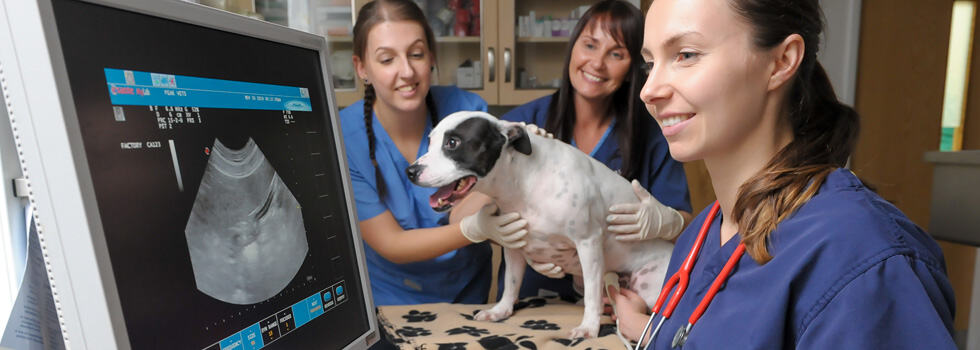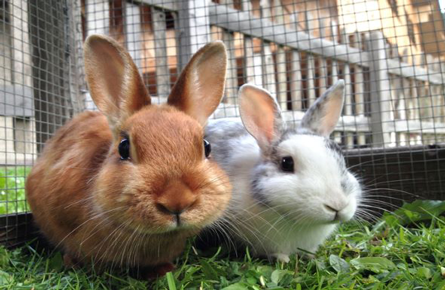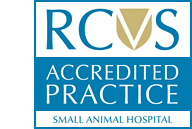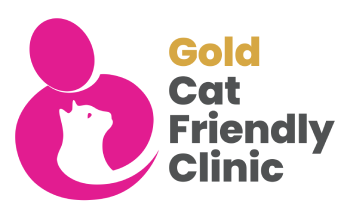Cat dentistry in Sheffield
As with any other routine and preventative care, we at Peak Vets in Sheffield know how vital your cat's dental hygiene is. For this reason, we advocate for preventative dental care. Cats are susceptible to tartar accumulation, which can result in gum disease and dental damage, much like people. For the optimum dental hygiene, brush your cat's teeth once or twice a day. In addition to offering advice on the best dental diets or products for your cat, our staff at Peak Vets would be pleased to help you with any queries you may have.
Symptoms of dental disease in cats in Sheffield
Our veterinarians and nurses do a dental examination at every routine session since cats in Sheffield are adept at concealing symptoms of discomfort and sometimes their owners are unaware that their feline companion has tooth problems. With just minor indications of any issue, some cats with severe gingivitis (inflammation of the gums), tooth root infections, severe dental disease, or root exposure will keep eating. Early detection of dental illness can minimise the need for extractions because early symptoms of the disease may go undetected.
Brushing your teeth can eliminate plaque, but it won't remove tarter. If tarter is already there, the best course of action is to use a scale and polish to get rid of it, then clean your teeth to keep the accumulation from coming back. Although all dental operations involve general anaesthesia, a scale and polish process is far quicker and requires less recovery time than several extractions for your cat.
What are the signs of dental disease?
- bad breath (halitosis)
- visible tartar buildup on teeth
- red or inflamed gums (gingivitis)
- discoloured teeth
- drooling
- loose teeth
- bleeding from the mouth
- slowness or reluctance to eat
- chewing on one side of the mouth
- dropping food from the mouth when eating
- swelling around the mouth (from potential tooth root abscesses).
How can cat dental disease be prevented?
The best way to maintain healthy teeth is to brush your cat’s teeth daily. The Peak Vets team in Sheffield would be happy to help with advice on introducing this to your cat.
It can also be beneficial to have a scale and polish performed regularly to clean the teeth thoroughly. This is similar to the treatment we would receive from a dental hygienist. These are done under a short general anaesthetic as cats won’t sit in one position for a prolonged period and we must ensure their safety and the team’s safety when in the vicinity of sharp teeth!
Feline odontoclastic resorptive lesions (FORLs)
Cats also get another form of dental disease known as feline odontoclastic resorptive lesions (FORLs). It has an unknown cause, but 75% of cats are thought to be affected. It is particularly common in cats over five years but can occur at any age.
In these lesions, part of the tooth is eaten away by the tooth itself, forming a small hole in the enamel close to the gum line. These lesions are very painful for cats and can lead to tooth fractures as they weaken the teeth. They require extraction to resolve.
If you would like more information or want to talk to a member of our expert veterinary team in Sheffield about your cat's dental care, contact our team today at 0114 250 7733









